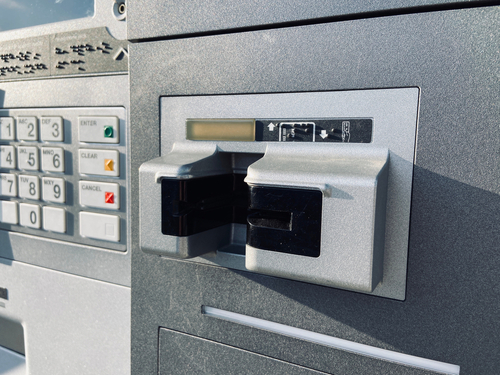
On Thursday, the U.S. Secret Service announced it had joined forces with state and local law enforcement to conduct a payment card skimming and Electronic Benefit Transfer fraud operation in Birmingham, Ala.
Secret Service personnel, as well as Birmingham Police Department officers, and members of the Alabaster Police Department, the Jefferson County Sheriff’s Office, Hoover Police Department, Vestavia Hills Police Department, and the Shelby County Sheriff’s Office visited more than 150 businesses in and around Birmingham to check for and remove illegal skimming devices from terminals that accept cards like ATMs, gas pumps and point-of-sale terminals.
The sweep resulted in the investigation into more than 1,400 inspections and the seizure of three skimming devices.
The teams also distributed educational materials about EBT fraud and card skimming to businesses in an effort to help workers identify the warning signs of illegal skimming devices.
“The number of illegal skimming devices and cases of EBT fraud continue to be an issue in the Birmingham area,” Patrick Davis, Special Agent in Charge of the U.S. Secret Service’s Birmingham Field Office, said. “Our proactive approach not only identifies and removes skimmers, but also provides businesses with useful information to help them protect customers from falling victim to this crime.”
The outreach marks the first such operation by the U.S. Secret Service in the state of Alabama.
“The Birmingham Police Department is thankful for the U.S. Secret Service’s efforts in combatting EBT Fraud and illegal skimming devices,” Birmingham Police Chief Scott Thurmond said. “This is a crime that effects all of us and these efforts will save millions of dollars.”
In skimming, criminals capture EBT information and other payment card numbers via an illegal skimming device or point-of-sale terminal. The information is then transferred to another card with a magnetic strip, like a gift card or hotel key. Officials estimate that skimming costs consumers and financial institutions more than $1 billion per year.




